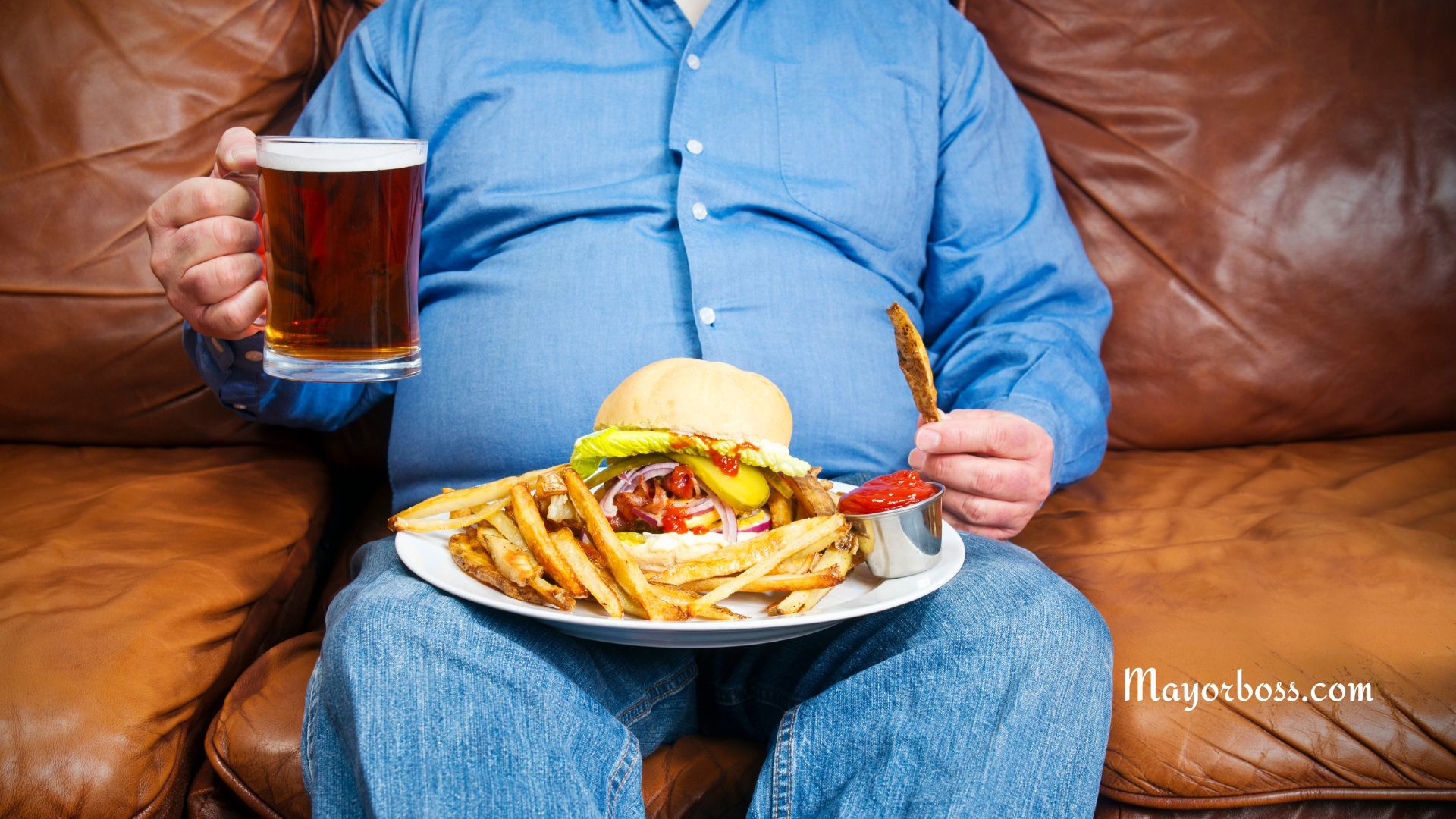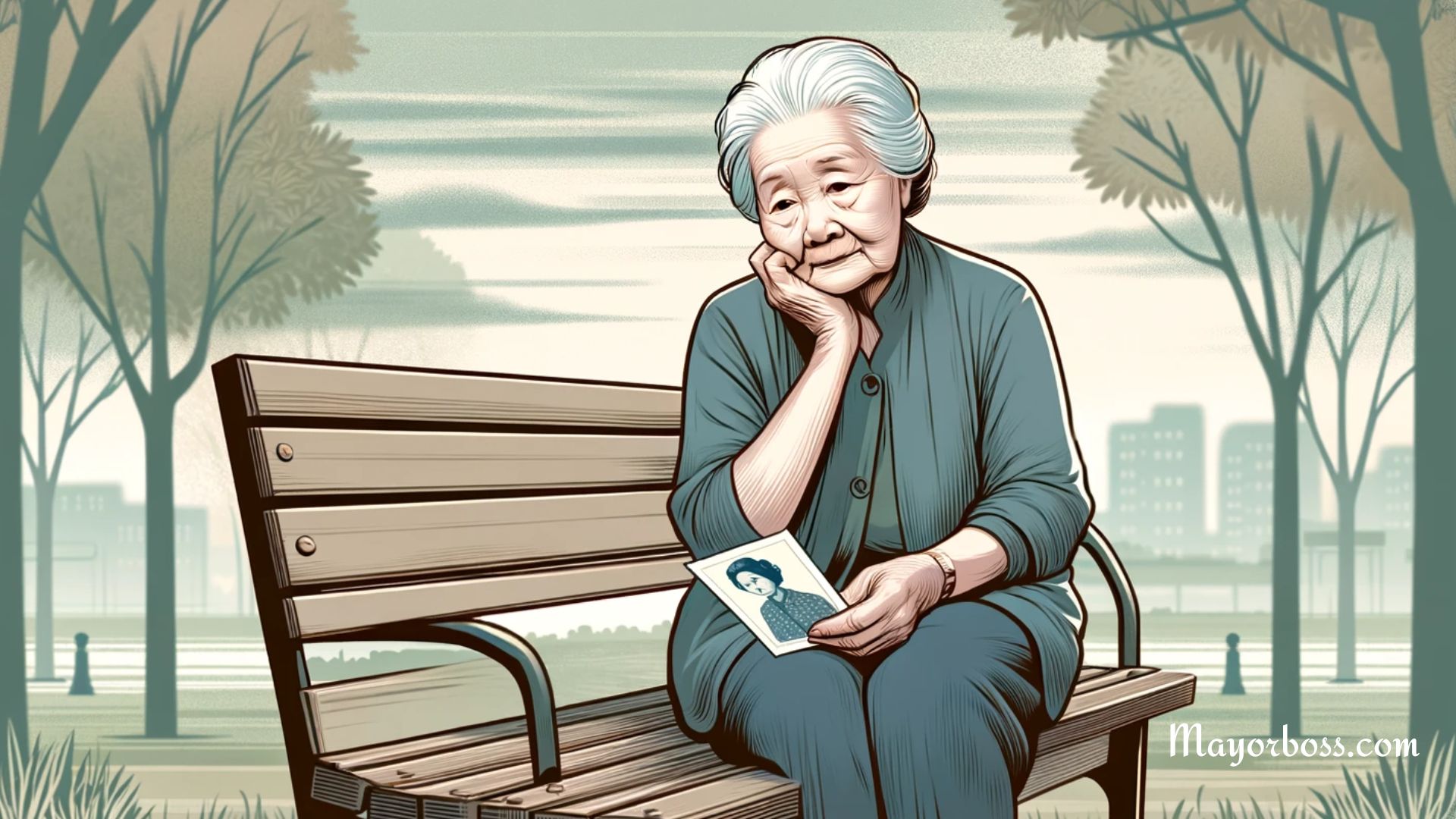7 Habits That May Be Making Your IBS Worse
Irritable Bowel Syndrome (IBS) is a tricky syndrome to handle, with symptoms such as abdominal pain, diarrhea, constipation, and bloating often cropping up. But did you know that some of your habits could be making your IBS worse? Let’s delve into seven practices that might be worsening your condition.
Habits That May Be Making Your IBS Worse
1. Sedentary Lifestyle
Do you find yourself sitting for long periods without any form of physical exercise? If you answered ‘yes,’ then you might be aggravating your IBS. A study shows that IBS patients who engage in 60 minutes of vigorous activity three to five times a week reported improved symptoms compared to those leading sedentary lives.
Try incorporating activities like long walks, running, or even stretching throughout the day into your routine. Remember, it’s not about transforming into an athlete overnight but making small, consistent changes to improve your IBS.
2. High-Stress Levels
Are you always feeling stressed out? It’s important to understand that mental well-being is intrinsically connected to physical health. Stress, anxiety, and depression are known triggers of IBS.
Hence, focusing on stress management can significantly improve your symptoms. Mindfulness techniques, yoga, deep-breathing exercises, and even speaking with a therapist could be beneficial. You are not alone in this; seek help if you need it.
3. Excessive Consumption of Cruciferous Vegetables
You’re probably thinking, “But aren’t vegetables supposed to be good for me?” While this is true, some vegetables, such as cauliflower, broccoli, and cabbage, are known to produce gas, which can worsen IBS symptoms.
Does this mean you should cut them out completely? No. Instead, try reducing your intake or cooking them in ways that make them easier to digest.
4. Overindulgence in Caffeine and Alcohol
Do you often find yourself reaching for a third cup of coffee or savoring that extra glass of wine in the evening? While these may seem like harmless indulgences, they can have a considerable impact on your IBS.
Caffeine and alcohol can irritate the stomach lining and exacerbate your IBS symptoms. Try to limit your intake to no more than two caffeinated beverages per day and reduce your alcohol consumption as much as possible.
5. Eating Large, Infrequent Meals
You might believe that three meals a day is the way to go, but this may not be the best approach for managing IBS. Eating large meals can overwork your digestive system, leading to IBS flare-ups.
Instead, consider eating six smaller meals throughout the day. This strategy can help maintain a more constant blood sugar level and prevent overloading your digestive system at any one time.
6. Fast Eating Habits
In today’s world, everything is happening very quickly. It’s easy to rush through meals. However, eating quickly can lead to overeating, which can cause bloating and other discomforts associated with IBS.
Take your time when eating, enjoy each bite, and make sure to chew thoroughly. This not only aids digestion but also helps you enjoy your meal more.
7. Consuming Trigger Foods
Some foods may be more likely to trigger your IBS symptoms than others. If you’ve noticed certain foods tend to cause flare-ups, it could be worth trying an elimination diet. This process involves removing potential trigger foods from your diet and then slowly reintroducing them to see which ones might be causing issues.
Here’s a table of some common IBS-trigger foods. Please remember that everyone is different, and not all these foods will trigger symptoms in every person with IBS.
| Food Category | Specific Foods |
|---|---|
| Dairy Products | Milk, cheese, ice cream, yogurt |
| High-Fat Foods | Fried foods, fast food, oils, butter, mayonnaise |
| Alcohol | Beer, wine, spirits |
| Caffeinated Drinks | Coffee, some teas, energy drinks |
| Certain Fruits | Apples, pears, peaches, plums |
| Certain Vegetables | Broccoli, cabbage, onions, cauliflower |
| Artificial Sweeteners | Aspartame, sucralose, sorbitol |
| Beans and Legumes | Lentils, chickpeas, kidney beans, soybeans |
| Carbonated Drinks | Soda, sparkling water |
| Certain Grains | Wheat, rye |
Remember, these are potential triggers, not guaranteed ones. Everyone’s IBS is different. It can be helpful to keep a food diary to track what you eat and when you have flare-ups to try to identify any patterns or specific foods that seem to cause problems for you. Always discuss major dietary changes with your healthcare provider or a registered dietitian to ensure you’re maintaining a balanced diet.
In conclusion, managing IBS is not solely about medication and doctor visits. It also heavily involves lifestyle modifications. By recognizing and adjusting habits that might be worsening your IBS, you can better manage your symptoms and improve your overall quality of life. Remember, it’s okay to seek professional help to guide you through this process.
Further Reading: 6 IBS Symptoms You Should Never Ignore






